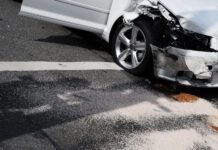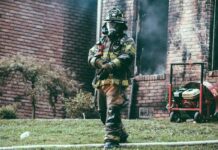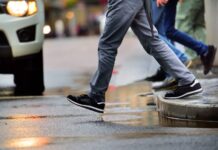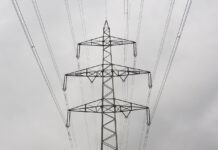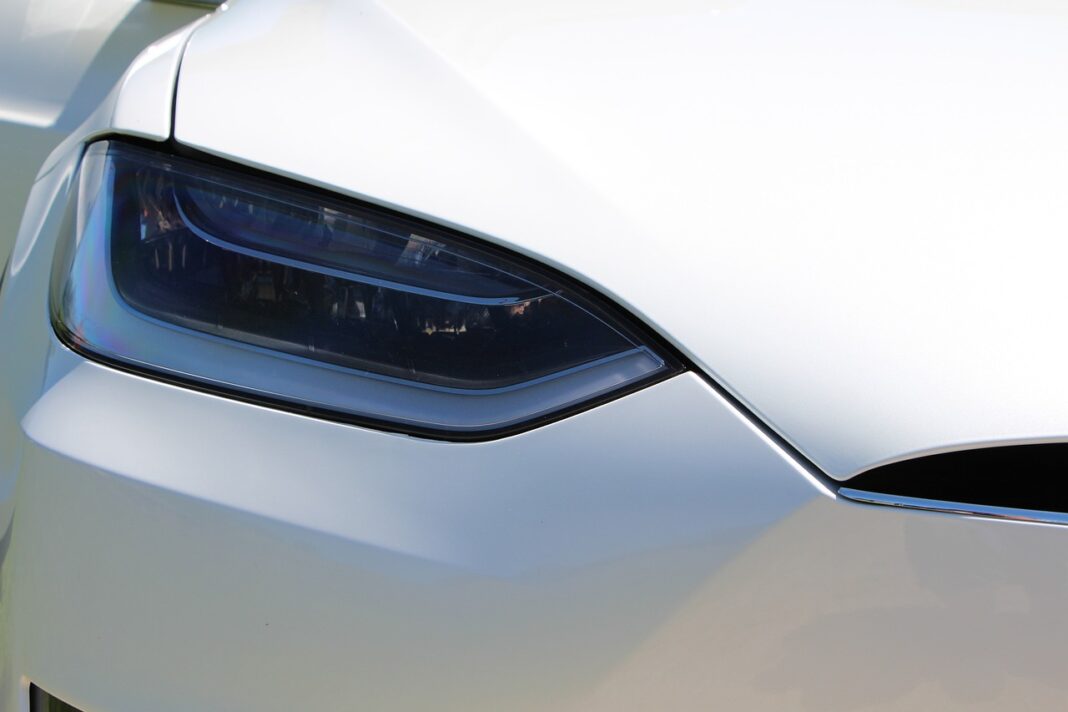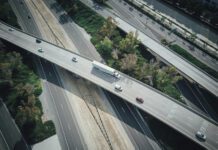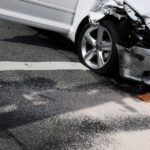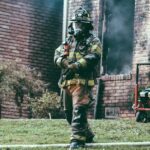A 57-year-old Tesla driver died on July 19 following a collision with a tractor-trailer in Virginia. The driver had been relying on Tesla’s advanced driver assistance features at the time of the crash.
The National Highway Traffic Safety Administration (NHTSA) has launched a crucial inquiry into the fatal collision involving the Tesla. Originally, the Fauquier County Sheriff’s Office provided details in which the truck driver was issued a summons for reckless driving. The tractor-trailer attempted to turn onto the highway from a truck stop, leading the Tesla to slide underneath the trailer. The driver of the Tesla was pronounced dead at the scene.
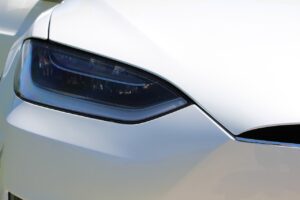
Authorities initially believed the incident was attributed to the truck driver’s negligence; however, the NHTSA is investigating Tesla’s assistance program. The assistance features and program have a supposed capability to account and detect errors caused by other drivers on the road. So far there are more than thirty investigations into accidents involving Tesla vehicles and their self-autonomous systems. Tesla’s vehicles are suspected to have contributed to about 23 deaths since 2016.
“It’s deeply unfortunate that Tesla drivers as well as other drivers out on the roads are experiencing such traumatic collisions due to the known defects in Tesla vehicles,” said Brett Schreiber leading Tesla litigation attorney at Singleton Schreiber. “Many lives have been lost since 2016 in which Tesla’s were involved and there is a reason that the NHTSA is investigating the incident closely. My thoughts are with the loved ones of the deceased.”
Singleton Schreiber Virginia Tesla accident attorneys can be reached at (619) 771-3473 or by emailing info@singletonschreiber.com.
Fatal Virginia Tesla Accidents
The advancement of autonomous and electric vehicles has heralded a new era of transportation innovation. Among the pioneers in this field, Tesla stands out with its cutting-edge electric vehicles equipped with advanced driver-assistance systems. However, recent events have brought to light a sobering reality – the intersection of technology and road safety is not without its challenges.
Tesla’s Autopilot system represents a leap forward in automotive technology, offering features like adaptive cruise control and lane-keeping assistance. The allure of hands-free driving is undeniable, promising convenience and increased safety. However, it’s crucial to recognize that the Autopilot system is not fully autonomous; it requires the driver’s constant attention and intervention, ready to take control at a moment’s notice.
The emergence of advanced driver-assistance systems raises questions about the existing regulatory framework. As technology evolves, it’s essential for regulations to keep pace. Striking the balance between innovation and safety is challenging, as the rapid development of autonomous driving technology outpaces legislative efforts. Clear guidelines and standards are necessary to ensure that manufacturers, drivers, and other road users understand the limitations and expectations of these systems.
As technology continues to evolve, the road to fully autonomous driving remains uncertain. It’s crucial to prioritize both technological advancements and public education. Drivers must understand the capabilities and limitations of these systems and acknowledge their role as responsible operators. Manufacturers, in turn, must ensure their systems are thoroughly tested and refined before being introduced to the market.
Fatal Tesla accidents in Virginia and elsewhere serve as somber reminders that the journey toward fully autonomous driving is still fraught with uncertainties and risks. These incidents underscore the need for continuous advancements in sensor technology, artificial intelligence, and vehicle-to-vehicle communication to ensure the safety of passengers, pedestrians, and other road users.
The fatal Tesla accidents in Virginia serve as a tragic reminder that the road to a future of autonomous driving is paved with challenges. As we navigate this evolving landscape, it’s vital to prioritize safety, transparency, and education. By embracing innovation responsibly and fostering a culture of informed driving, we can strive for a future where the promise of autonomous vehicles aligns with the reality of a safer transportation landscape.
“My hope is that the family of the deceased Tesla driver seek out a knowledgeable attorney that has experience in Tesla litigation as there are many complexities involved in determining fault and liability,” added Mr. Schreiber. “The practicality and safety of Tesla’s out on the roads continue to be a controversial topic that is being investigated heavily by officials.”
Singleton Schreiber Virginia Tesla accident attorneys can be reached at (619) 771-3473 or by emailing info@singletonschreiber.com.
